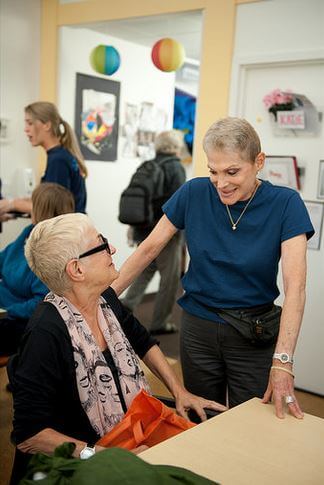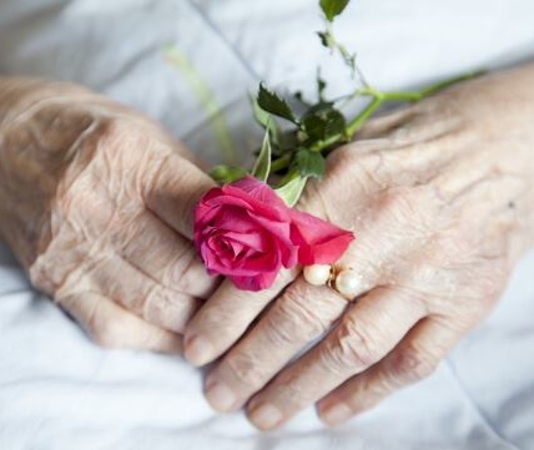When a person requires care in the home, their needs typically do not have gender, racial or sexual orientation distinctions, but for people who identify as lesbian, gay, bisexual or transgender (LGBT) there are concerns when it comes to receiving care.
“One thing a lot of people don’t realize is that many of the positive advances for the LGBT community have been very recent,” said Tim R. Johnston, PhD, Manager of Education and Training at Services & Advocacy for Gay, Lesbian, Bisexual, and Transgender Elders (SAGE) and at the National Resource Center on LGBT Aging. “Older adults who are gay, lesbian, bisexual or transgender carry this much longer history of living in very hostile environments. What this means is that they are much less likely to seek out something like healthcare and they are concerned that they will receive quality or competent care.”
Understanding the Differences
On the face of it, running errands, providing medication reminders, and being there to help alleviate feelings of loneliness are all the same, regardless of someone’s LGBT status or not, but Dr. Johnston points out why this population can be unique:
- “Soon 50% of the people who are HIV+ will be 50 years of age or older, and that figure is not restricted to the LGBT community,” he said. “Care providers will have to know how to manage and appropriately provide care for people who are HIV+.”
- “Not all but some transgender identified people use medical means to alter their bodies and those procedures can have specific health ramifications later on in life,” Dr. Johnston explained. “It’s important that they feel comfortable being open about their medical history to get appropriate care. For example, if you have a transgender woman who was born male, but who lives as a woman, she will still need prostate cancer screening.”
- While Mr. Johnston said that he doesn’t know of any specific numbers on whether people in the LGBT population lose touch with their biological family or are ostracized because of their sexual orientation, the result is isolation or living with a “family of choice” that is filled with friends of about the same age. “If everybody is 85 years old then it will be more difficult for them to care for each other,” Dr. Johnston said.
- According to Dr. Johnston, many people who have spent their life “in the closet,” fear that if someone comes into their home to provide care, they will assess personal belongings such as artwork and determine someone’s sexual orientation. “The thought of having somebody come into your home is frightening and stressful for many LGBT older adults,” he said.
Seeking Equal Care for All
When a family caregiver or friend can no longer provide adequate care for a loved one who is part of the greater LGBT community, there are steps to take to decrease the chances of discrimination.
Dr. Johnston recommends a search on the National Resource Center on LGBT Aging website, www.lgbtagingcenter.org, to find providers who have undergone training with them.
“Get in touch with local LGBT organizations and ask for recommendations,” he said. “When assessing somebody to be a care provider, check that they have sexual orientation and gender identity in the patients’ rights agreement and other public-facing materials.”
As the Baby Boomer population ages and rights for the LGBT population gain traction, there will be more people who are gay, lesbian, bisexual or transgender in need of elder care. This means that caregivers will need to increase awareness and training to meet the needs of this group.





